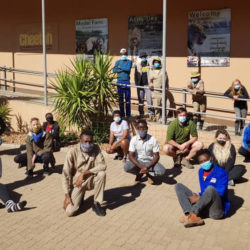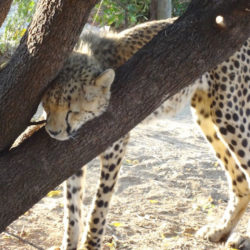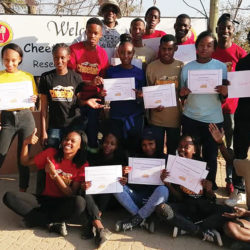Educating Our Future Generations About Human/Wildlife Conflict Using Kill ID
-

- by Flavia Placidus March 23, 2017
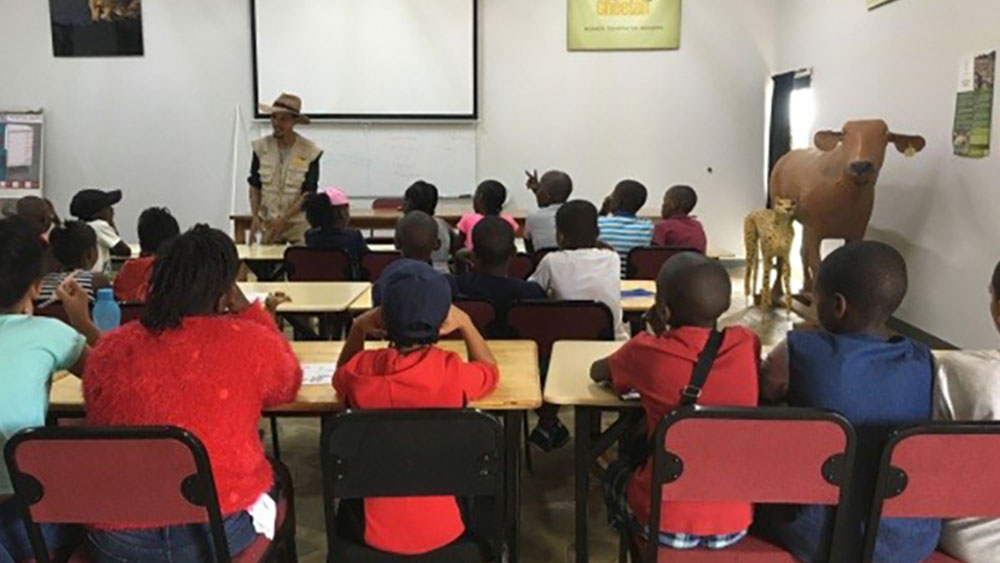
We had remarkable moments of sharing, educating and exchanging human-wildlife conflict (HWC) experiences with 35, fifth grade learners from Gammams Primary School in Windhoek, Namibia. They participated in our KILL ID exercise, as part of our weekend programs CCF offer to schools. To-date, inspiring, educating, and motivating is the backbone of the CCF research center. Teaching our youth about how HWC compliments the scientific research done at CCF and over time creates a national and international understanding of the importance of predators in our ecosystem and the value in keeping them alive. Visitors to CCF are presented with educational programming that is designed to enhance their understanding of the following: predator behavior, the predator’s role in the ecosystem, and highlights predator friendly farming techniques.
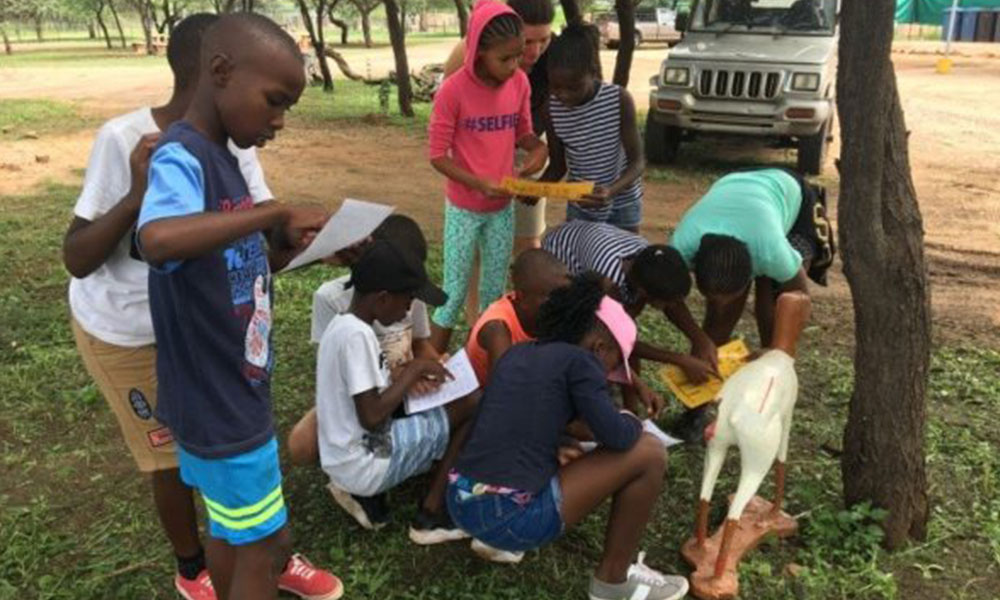
The Kill ID activity, consists of a theoretical and practical part, is designed to introduce participants to the concept of HWC and stimulate discussion about ways to minimize conflict, and ways to co-exist with wildlife. CCF assists in the management of captive and free ranging cheetahs worldwide, working towards CCF’s aim to save the cheetah in the wild. Providing a world class educational experience for every visitor coming to CCF’s International Research & Education Centre outside of Otjiwarongo, helps in creating a human-wildlife conflict free world.
Related Reading
-
June 1, 2020
Two Trainings at CCF -
May 11, 2020
How Cheetahs Check Their Messages?

